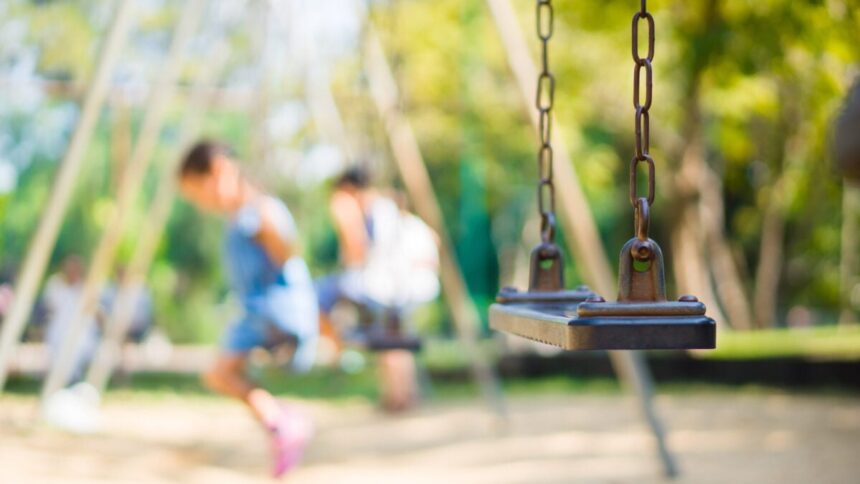For plenty of us grown-ups, the time spent running around our neighborhoods or hanging by the playground swings was a highlight of our childhood. Kids today often can’t say the same, though. New research shows that a substantial proportion of children aren’t playing outdoors at all, even on the weekends.
Scientists at the University of Exeter in the UK found that about a third of children reported not playing outdoors after school, while one in five reported not playing outside during the weekends. Children who ventured outside more often also tended to have better social and emotional stability.
“Outdoor play is essential for children’s growth and development and our finding that many children do not regularly engage in outdoor play is worrying because it is linked to various health issues, including obesity, anxiety and depression,” said lead researcher Mark Ferguson, a social-environmental epidemiologist at Exeter, in a statement from the university.
The playtime gap
The authors examined data from an existing project, the “Born in Bradford” study. Since 2007, the project has kept an eye on roughly 13,000 children born at a single hospital in the town—along with their families—in hopes of untangling the biggest factors behind a happy and healthy life.
The researchers focused on a subset of 2,568 children between the ages of 7 and 12, analyzing responses from surveys filled out by the children and their parents.
All told, 34% of kids reported not playing outdoors during weekdays, and 20% reported not playing outdoors during weekends. And based on their parents’ responses, the more the children played outside, the better their social-emotional skills were on average. Children with these skills are more able to clearly express their emotions or build positive relationships with others.
The study was published last week in the journal Wellbeing Space and Society.
The team’s findings are limited to children in the UK, but they line up with other research conducted elsewhere. A 2023 study found that nearly 40% of American preschool-aged kids played less than an hour outside on weekdays, while 24% played less than an hour outside on weekends, for instance. Many studies have also tracked a steady decline in unstructured playtime dating back decades among kids in the U.S. and other countries.
Why play is important
Play has all sorts of benefits for children (and adults, for that matter). It can promote regular physical activity, strengthen or encourage new friendships, and help children learn how to better navigate the world around them. Conversely, the lack of playtime for kids could have all sorts of negative health impacts down the road, the researchers say.
“This study shows how important it is for children’s mental health to get off their screens and play outdoors after school and at weekends,” said study author Rosie McEachan, director of the Born in Bradford project.
Make playtime possible
Aside from asking kids to step away from their screens, the researchers say more should be done to create walkable neighborhoods and other public spaces for them to play in.
“We are lucky in Bradford to have many beautiful parks and green spaces, but these findings show that the local streets in which we live are just as important a space for children, and we need to make sure they are safe and welcoming spaces, free from traffic and pollution,” McEachan added.
That’s easier said than done, however. Earlier this year, the Project for Public Spaces released a survey of city planners and other professionals across 57 countries involved in creating, maintaining, or improving public spaces. Just 5% of participants felt that their local public spaces were meeting the needs of their community. Other studies have found that even major cities in the U.S. are less walkable on average than their international counterparts.
Read the full article here










